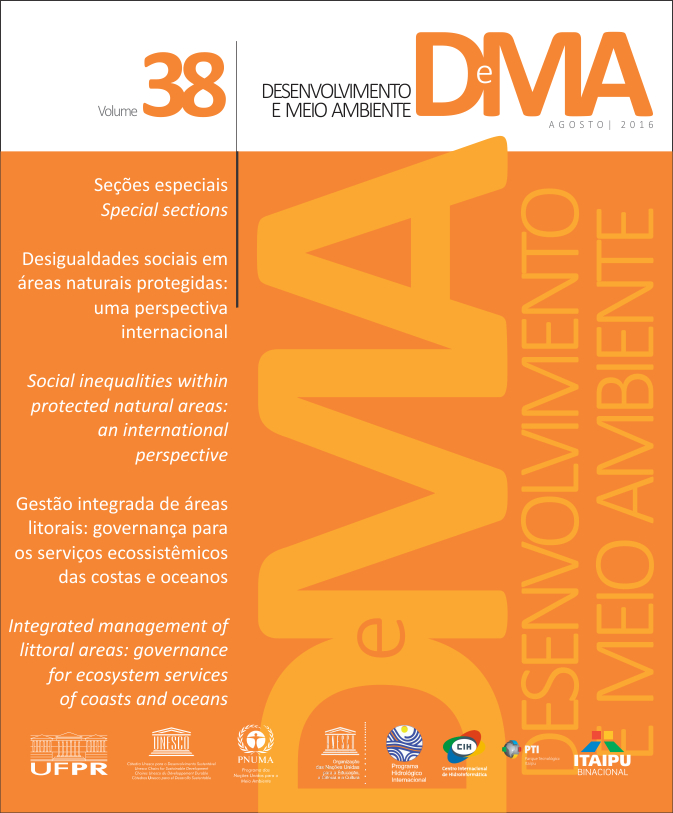Exploratory Study of Consumer Behavior and Disposal of Digital Technologies by Youngsters
DOI:
https://doi.org/10.5380/dma.v38i0.44619Keywords:
environment, students, information technology, waste, environmentalAbstract
This study sought to analyze the profile of consumption and post-consumption of digital technologies by young people. Four hundred and four young people participated in the survey, aged between 15 and 24 years. A structured questionnaire about their motivations to use of technologies was applied, as well as for the reasons for exchanging them and types of disposal. Statistical analysis performed using logistic regression showed that the males have 51% more chances to exchange the computer due to outdated technology than the female. In addition, the females have 2.44 more chances to exchange technology telephony by beauty. For disposal, the youngsters have a tendency to store, highlighting the affective value attributed to technology, although disposal in regular trash is still a usual practice. It was concluded that there is the need for young people to build a critical position before the call to consumption, as well as environmental education, aiming ecological awareness.
Downloads
Published
How to Cite
Issue
Section
License
Copyright on works published in this journal rests with the author, with first publication rights for the journal. The content of published works is the sole responsibility of the authors. DMA is an open access journal and has adopted the Creative Commons Attribution 4.0 Not Adapted (CC-BY) license since January 2023. Therefore, when published by this journal, articles are free to share (copy and redistribute the material in any medium or format for any purpose, even commercial) and adapt (remix, transform, and create from the material for any purpose, even commercial). You must give appropriate credit, provide a link to the license and indicate if changes have been made.
The contents published by DMA from v. 53, 2020 to v. 60, 2022 are protected by the Creative Commons Attribution-NonCommercial-NoDerivatives 4.0 International license.
DMA has been an open access journal since its creation, however, from v.1 of 2000 to v. 52 of 2019, the journal did not adopt a Creative Commons license and therefore the type of license is not indicated on the first page of the articles.




